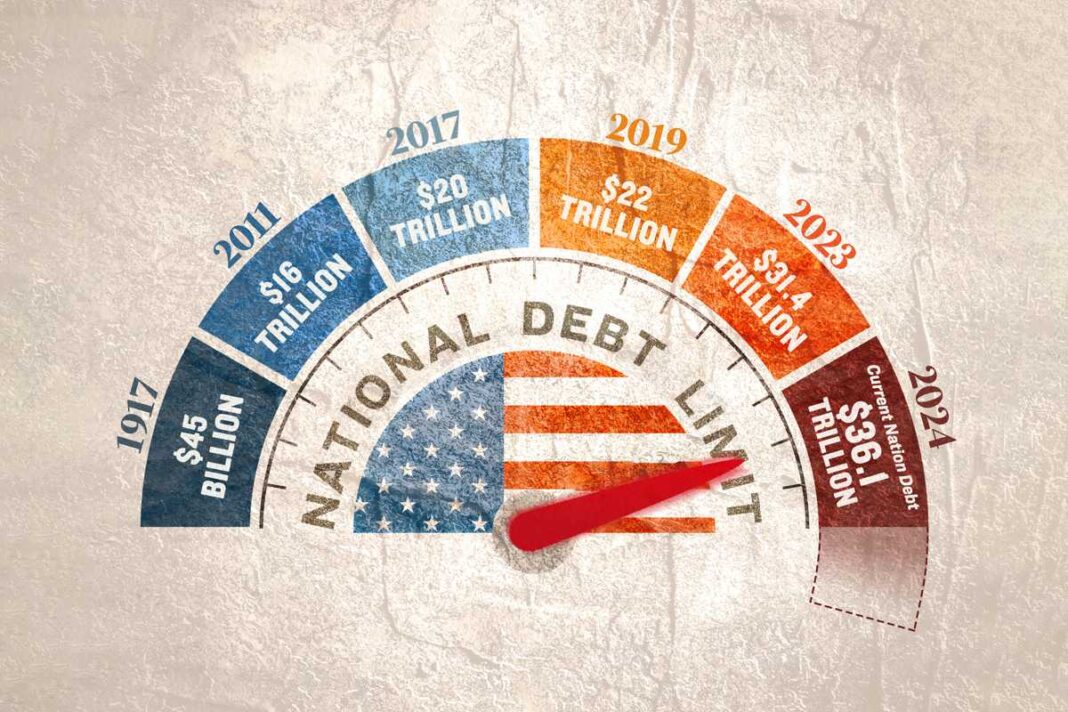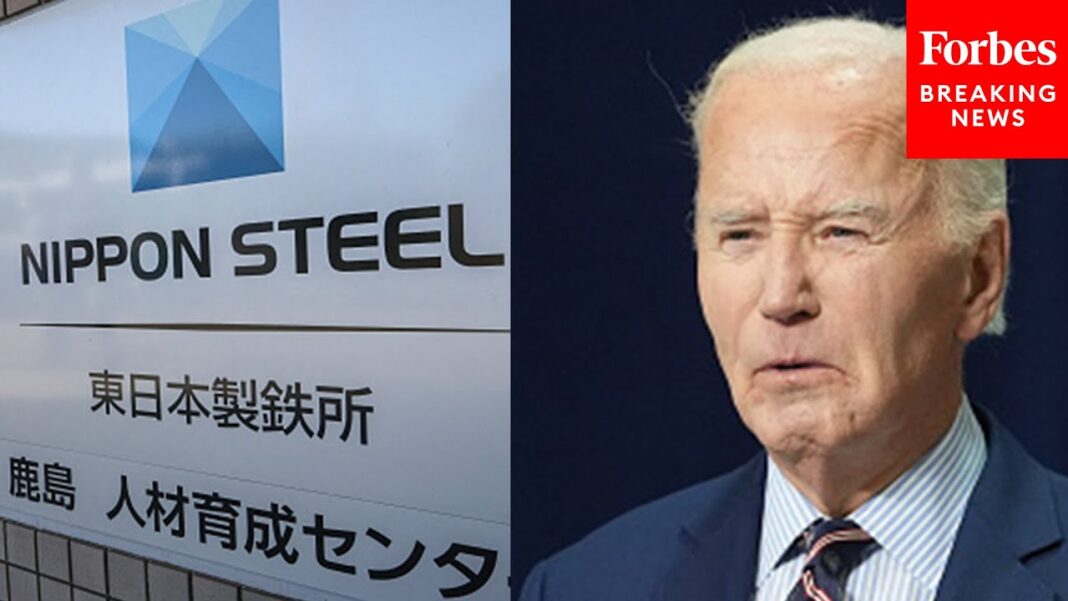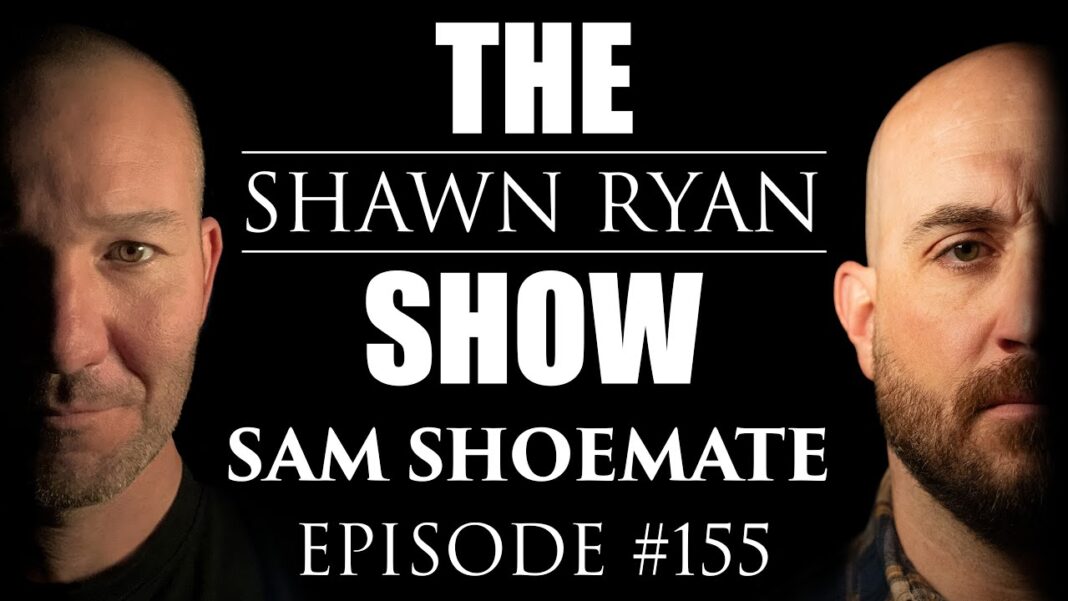The debt ceiling has been a source of political conflict and Wall Street anxiety for years.
The U.S. government rang in the new year by reinstating the debt ceiling on Jan. 1, preparing the nation for another showdown in 2025 between Democrats, fiscal conservatives, and President-elect Donald Trump.
As Congress narrowly avoided a government shutdown just before Christmas, Trump renewed the debt ceiling debate by advocating for its abolition or multi-year extension.
In a phone interview with NBC News on Dec. 19, Trump said he would work with Democrats to eliminate the debt ceiling.
“The Democrats have said they want to get rid of it,” he said. “If they want to get rid of it, I would lead the charge.”
A day later, the president-elect proposed extending the debt limit to 2029.
“Congress must get rid of, or extend out to, perhaps, 2029, the ridiculous Debt Ceiling,” Trump wrote in a Dec. 20 post on Truth Social.
Because the lower chamber neither removed nor extended the debt ceiling during last month’s continuing resolution battle, Congress will engage in a contentious and divisive quarrel in the coming weeks or months.
What is the debt ceiling? Where does it stand? And what have previous conflicts over the debt ceiling looked like?
What Is the Debt Limit?
The debt limit sets the maximum amount of outstanding debt the United States can incur to pay its obligations, such as Medicare, social security, and interest on the national debt.
The purpose of the debt limit is to regulate spending and ensure that lawmakers remain fiscally responsible.
The U.S. government spends more than it takes in, accumulating sizable budget deficits that add to the growing national debt.
A Trip to 1917
Before 1917, Congress permitted the government to borrow for a specified period. After repayment, the government could not borrow again without Congress’s approval.
Congress established the debt ceiling through the Second Liberty Bond Act of 1917, as part of the federal government’s effort to finance the First World War with Liberty Bonds.
The legislation helped then-President Woodrow Wilson speed up funding to fight the war, though lawmakers restrained borrowing to approximately $12 billion and required legislative efforts to increase the limit.
Additionally, the newest measure authorized a continual rollover of debt without congressional approval.
By Andrew Moran









